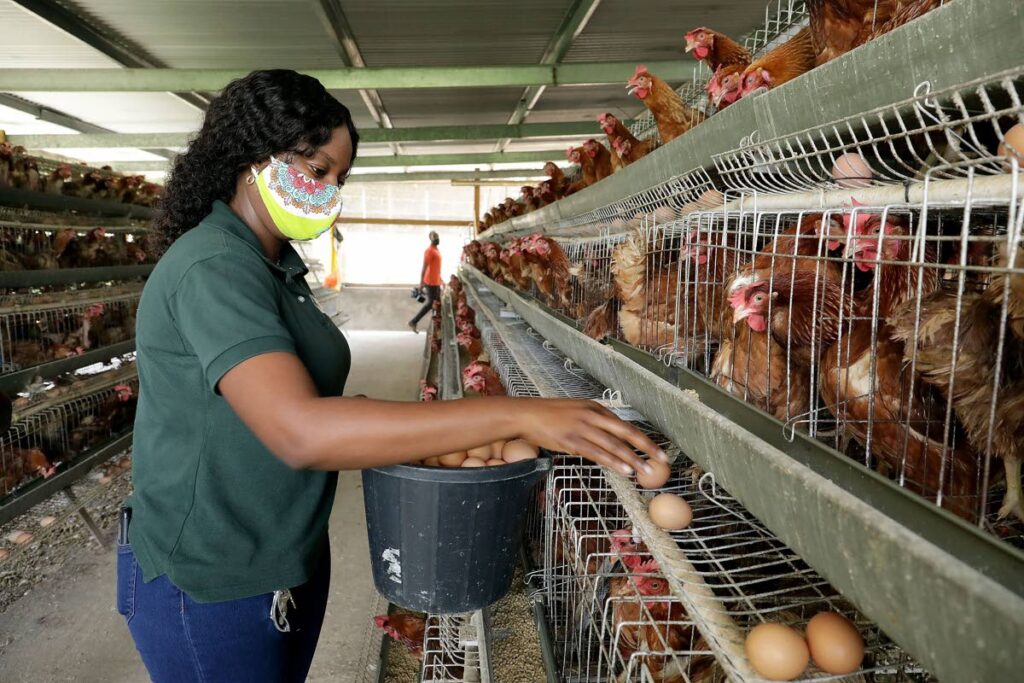Fuel price increase won't break egg farmers says association

Egg farmers have decided to absorb costs arising out of the impending fuel price increase announced by the finance minister on Friday last week.
The comes after egg producers announced a ten per cent increase, effective April 4, prior to the announcement of the increase in the price of fuel.
From April 19, premium and super gasoline will increase by $1 from $5.75 to $6.75 and $4.97 to $5.97 respectively. Diesel will go up by 50 cents to $3.91 per litre, and the price of kerosene was adjusted to $3.50 a litre. LPG will remain at $21 for a 20-pound cylinder.
Vice president of the TT Table Egg Producers Dennis Ramsingh told Newsday the association will not increase prices unless input costs become unbearable once again.
“From what I have seen, $60 for 100 litres is not bad. We can do wonders with 100 litres of fuel – we could deliver an entire container. For the average person the price increase may be difficult, but I don’t see corporate bodies being seriously affected.”
He said most fuel-related costs for table egg producers involve delivery and transport, whether it is transport of raw materials or delivery to the grocery shelves. As a producer himself, he has five vehicles. Ramsingh said some producers have up to a dozen delivery trucks.
Supermarkets Association president Rajiv Diptee said suppliers, distributors and importers of food in the manufacturing and distribution sectors are now weighing the effect the fuel price hike would have on their operations.
“The fuel increase has a direct impact on fleet management and an indirect association with the escalation in the cost of doing business,” Diptee said.
But he noted that price increases are not solely dependent on the cost of fuel, but is one of many factors affecting the cost of food.
“The external shocks of the global economy due to war in Europe and supply chain disruption, especially where China is concerned, creates an environment of deep concern when we consider that leading nations are tending to their own first and the prospect of shortages become a later concern.
“This also means the inflationary impact of these price increases will force importers to alternative markets and alternative products altogether, or direct product substitution,” he said.


Comments
"Fuel price increase won’t break egg farmers says association"